Optimal Timing for Stucco Application
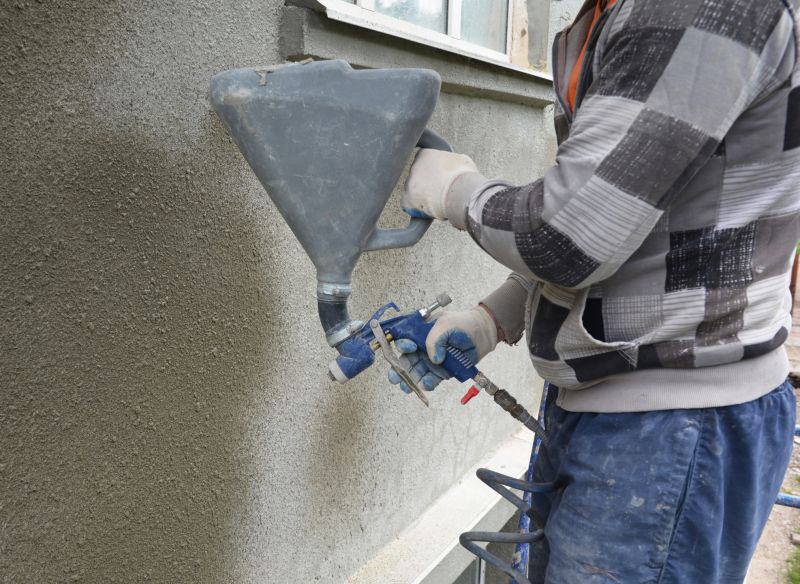
Spring offers moderate temperatures ideal for stucco work, reducing the risk of cracking and ensuring proper curing.
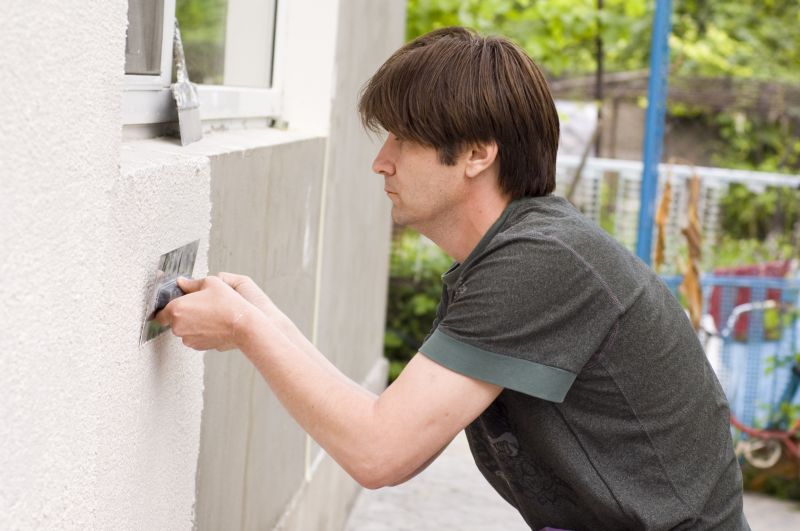
Summer provides longer daylight hours and warm weather, facilitating efficient application and drying times.

Fall allows for preparation before winter, with mild temperatures that help prevent damage from cold weather.

Ways to make Stucco Service work in tight or awkward layouts.
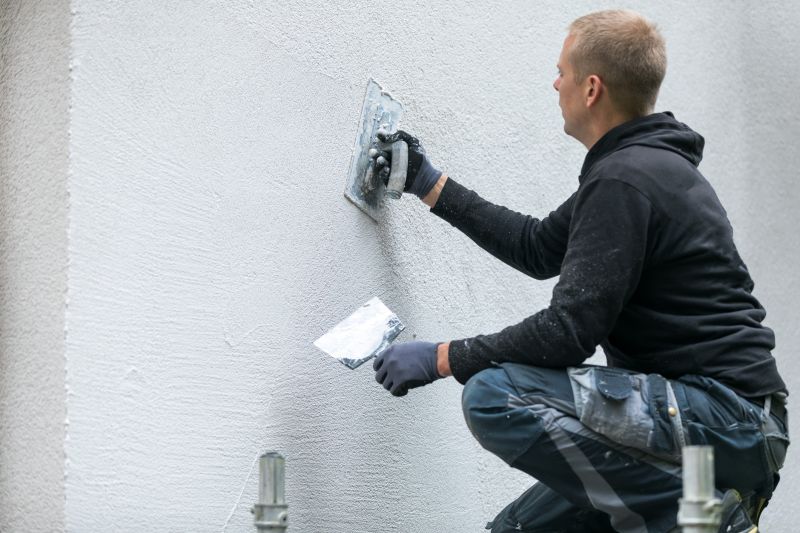
Popular materials for Stucco Service and why they hold up over time.

Simple add-ons that improve Stucco Service without blowing the budget.
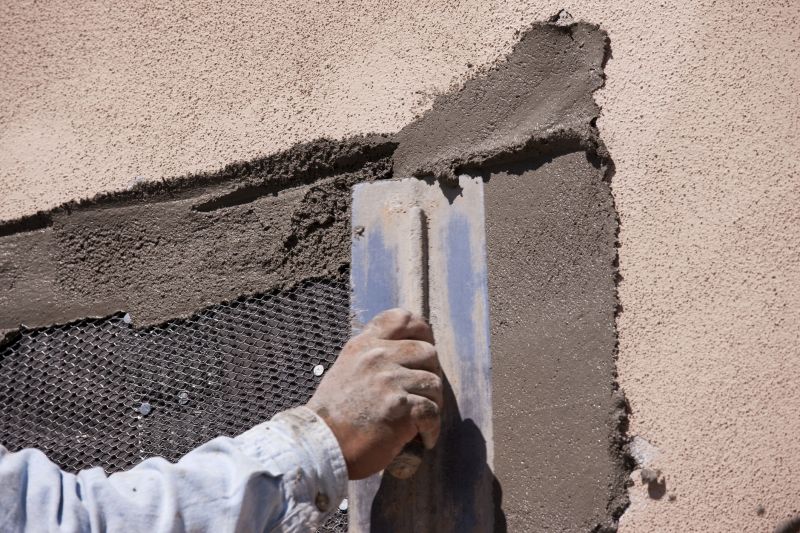
High-end options that actually feel worth it for Stucco Service.
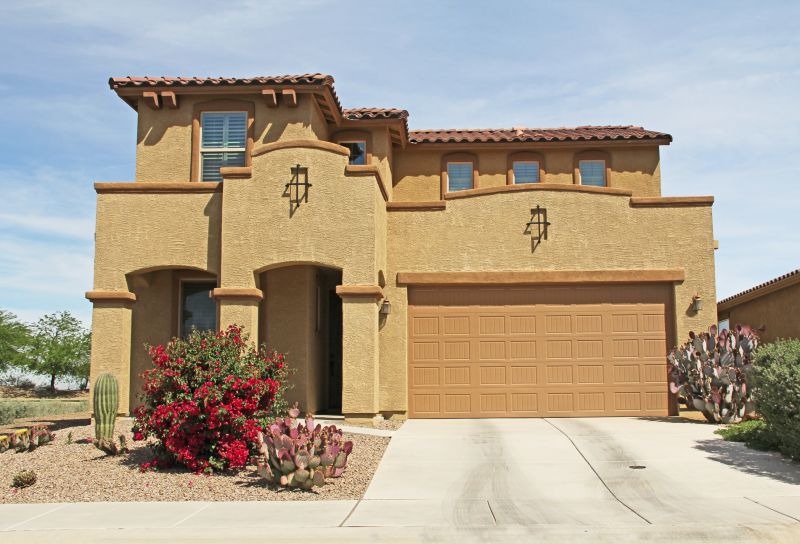
Finishes and colors that play nicely with Stucco Service.
Stucco service involves applying a durable exterior finish that enhances the appearance and longevity of buildings. Proper timing ensures optimal adhesion, curing, and resistance to weather-related issues. The best time for stucco work typically aligns with periods of stable, moderate weather conditions, avoiding extreme cold or heat that can compromise the material's performance.
Statistics indicate that scheduling stucco services during spring and fall can reduce the likelihood of cracks and peeling by up to 30%. Additionally, avoiding peak summer heat minimizes the risk of rapid drying that can cause surface imperfections. Proper timing also ensures that the stucco maintains its structural integrity for years to come, reducing the need for repairs.
Ideal conditions include temperatures between 50-85°F with low humidity to ensure proper curing.
Applying stucco during suitable weather prevents issues like cracking, bubbling, or improper adhesion.
Spring and fall are preferred seasons, offering stable conditions for durable finishes.
Scheduling before winter or summer helps protect the structure from weather-related damage.
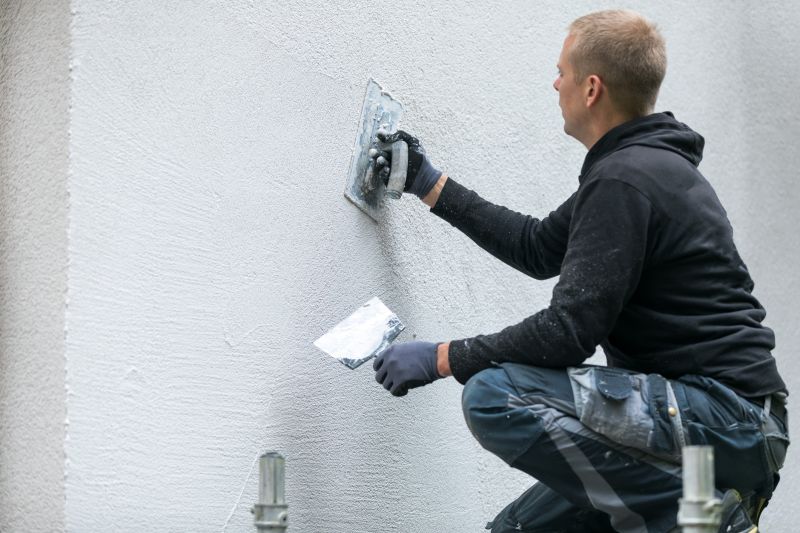
A detailed process involving surface preparation, base coat, and finish coat application.
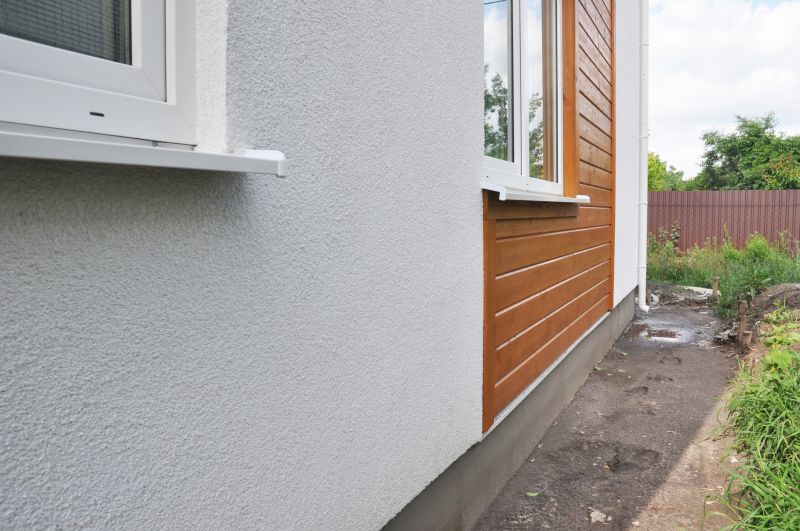
Weather conditions significantly influence curing and adhesion quality.
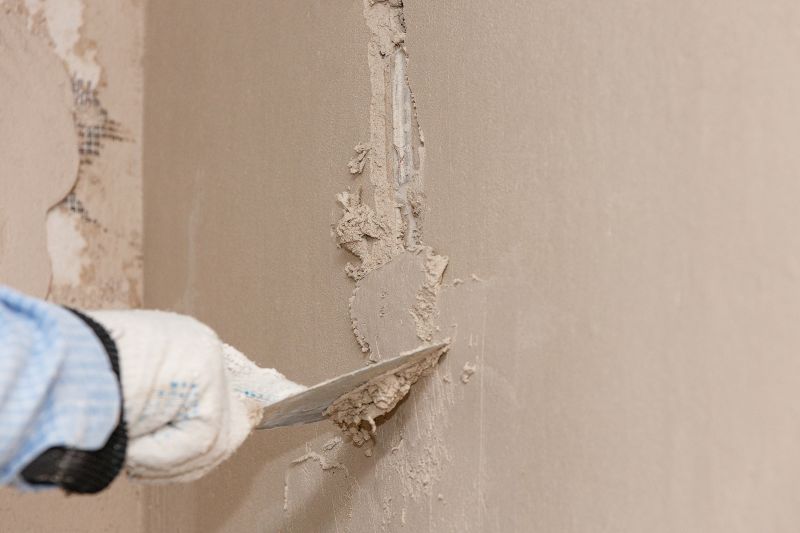
Optimal for new installations and repairs due to mild temperatures.
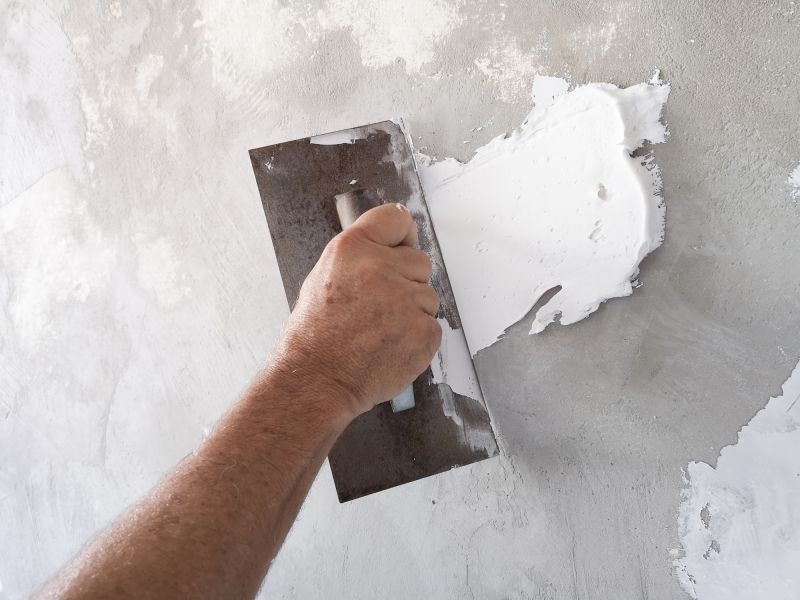
Ideal for repairs and touch-ups before cold weather sets in.
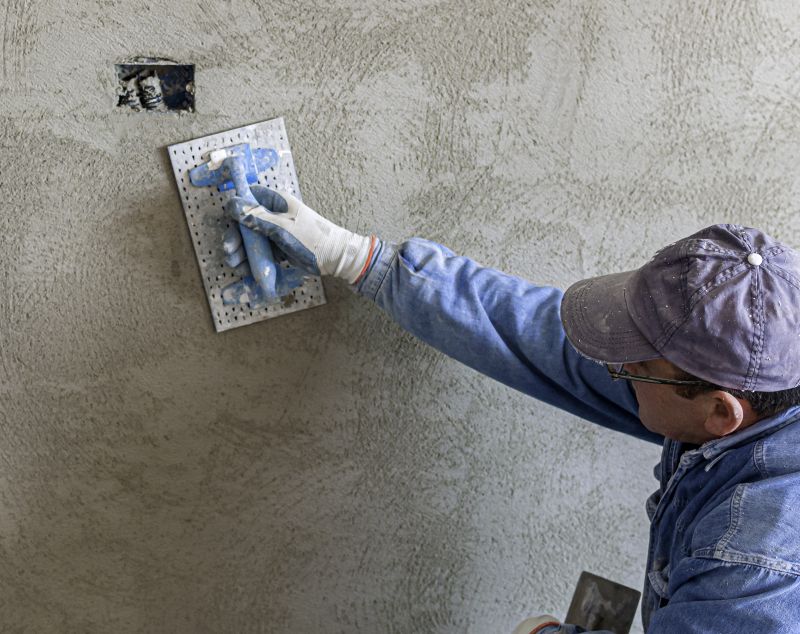
Best suited for repairs and finishing, given longer daylight hours.
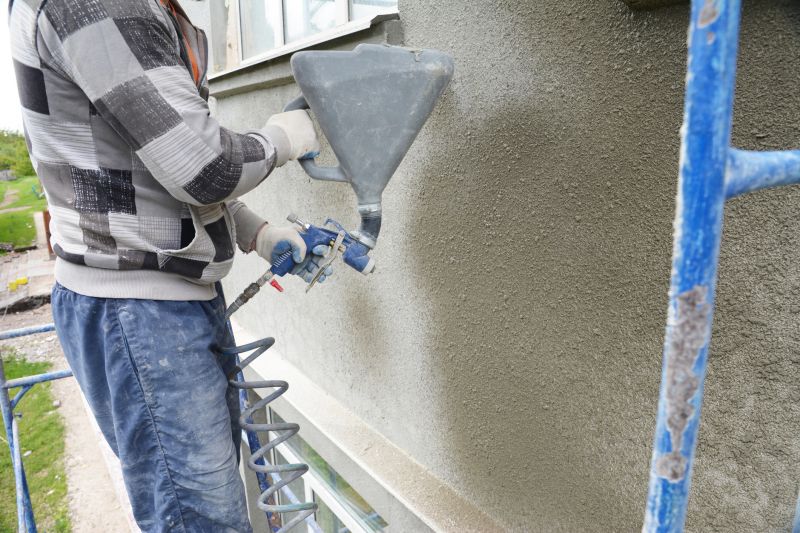
Typically avoided due to risks of freezing and improper curing.

Timing work around seasonal weather fluctuations ensures quality results.
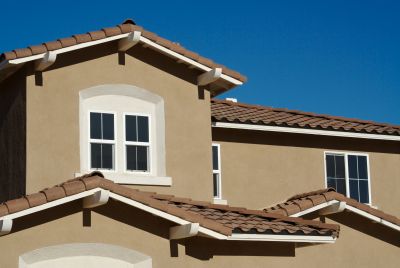
Consistent moderate temperatures promote longer-lasting finishes.
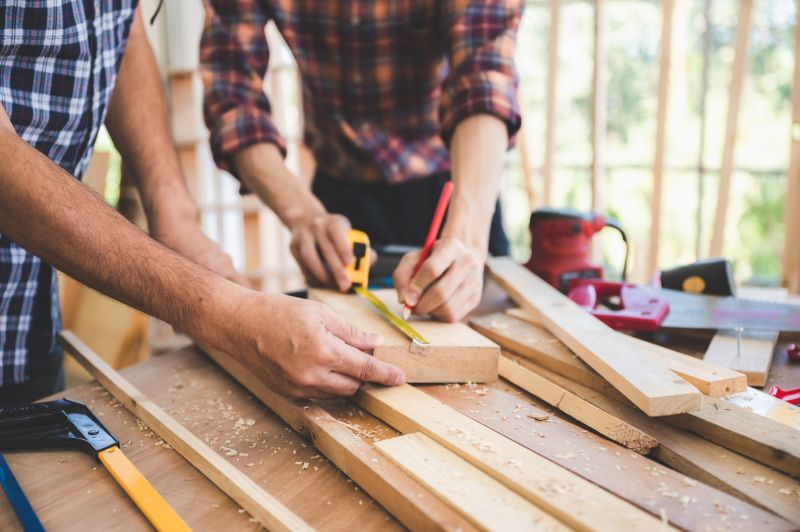
Little measurements that prevent headaches on Stucco Service day.
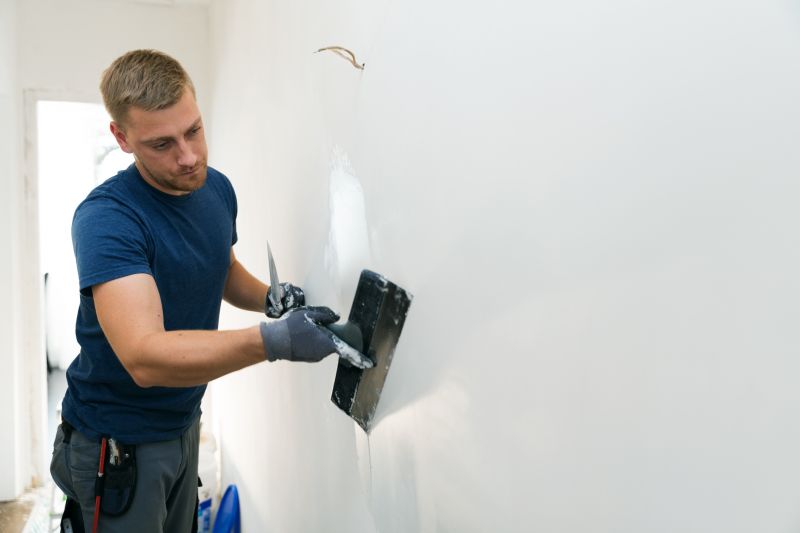
A 60-second routine that keeps Stucco Service looking new.

A frequent mistake in Stucco Service and how to dodge it.
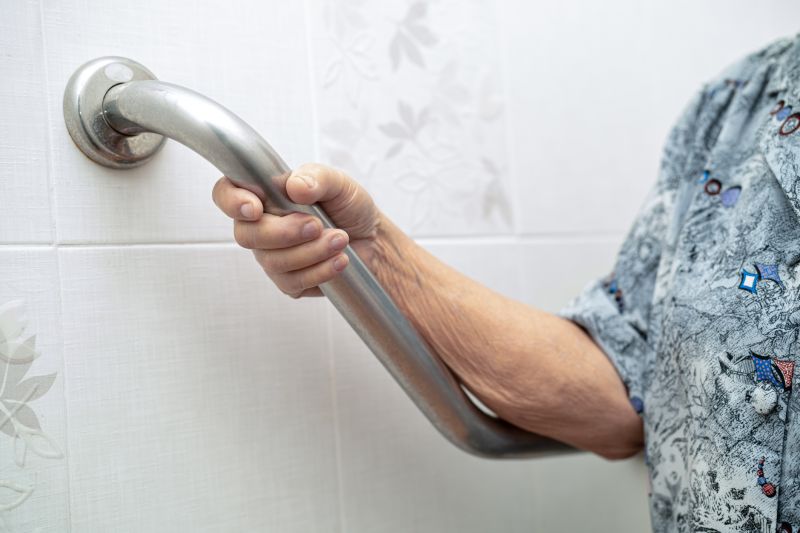
Small tweaks to make Stucco Service safer and easier to use.
| Season | Best Activities |
|---|---|
| Spring | New installations and repairs |
| Summer | Finishing touches and touch-ups |
| Fall | Maintenance and pre-winter repairs |
| Winter | Generally avoided due to weather risks |
Choosing the appropriate time for stucco service can influence the durability and appearance of the finished surface. Proper scheduling ensures the material cures correctly, adheres well, and withstands environmental challenges. Planning around seasonal weather patterns maximizes the longevity of stucco and reduces future repair needs.
